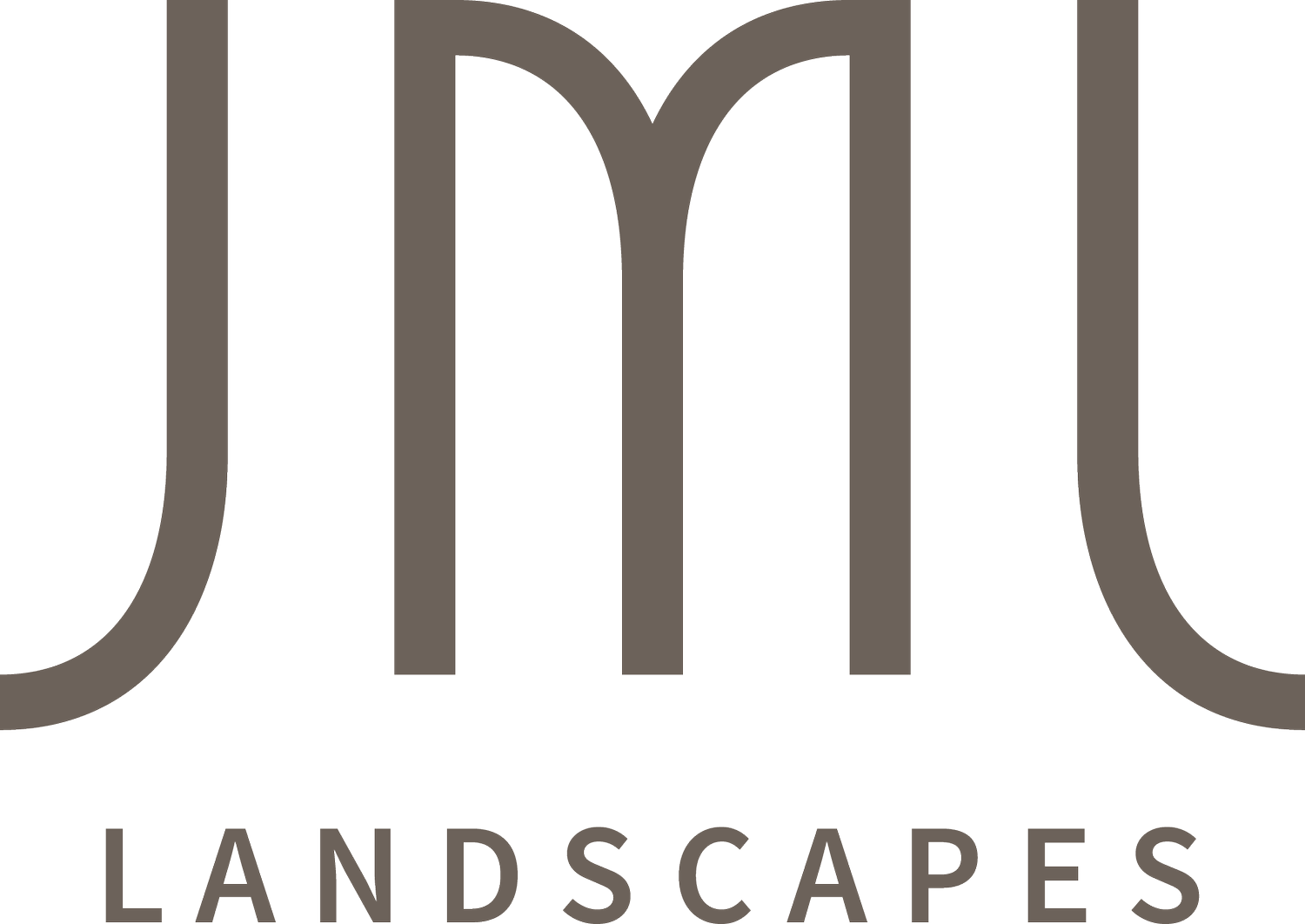San Francisco – Janet Moyer Landscaping (JML), a full-service landscaping company in San Francisco devoted to addressing the unique challenges of urban gardens, proposes some advice for better water management during Smart Irrigation Month, July 2012 designated by the Irrigation Association.
This annual commemoration is also part of WaterSense, a partnership program that was initiated in 2006 by the U.S. Environmental Protection Agency. It is designed to protect the future of the nation’s water supply by offering people a simple way to use less water with water-efficient products, new homes, and services.
JML is a WaterSense partner based on several certifications in water management that have been studied and received by Michael Hofman, the firm’s executive vice president.
Coincidentally, July is also a special month for residents of Northern California because that is when plants traditionally lose the most water during the year. This water loss, which irrigation professionals call evapotranspiration, occurs due to wind, the sun’s rays, lack of rain, low humidity, and related factors.
Water needs to be replenished if plants are to stay healthy and contribute to a beautiful garden. Some lose water more quickly than others and some need replenishment over a longer time period than others.
“If we’re to use water efficiently, we can use daily evapotranspiration data to know how much water the standard plant loss is and increase or decrease watering accordingly,” explains Hofman. “In a nutshell, that’s how ‘smart irrigation controllers’ work.”
JML has been using two models of smart irrigation controllers for its clients with excellent results. Toro, a national leader in landscaping equipment and supplies, offers both. The Intellisense system relies on the weather data downloaded every day from a satellite using pager technology. The newer Climate Logic system relies on a combination of a local weather station and 40 years of historical data by zip code loaded onto the local controller.
"With these type of smart irrigation systems, over time, the garden should achieve our smart water goals of producing beautiful, healthy plants thriving with as little water as possible,” concludes Hofman.
